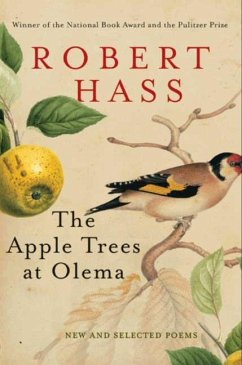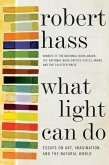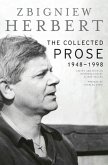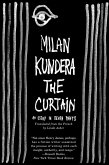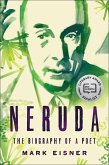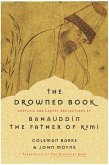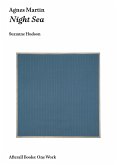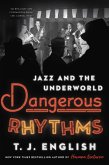From the beginning, his poems have seemed entirely his own: a complex hybrid of the lyric line, with an unwavering fidelity to human and nonhuman nature, and formal variety and surprise, and a syntax capable of thinking through difficult things in ways that are both perfectly ordinary and really unusual. Over the years, he has added to these qualities a range and a formal restlessness that seem to come from a skeptical turn of mind, an acute sense of the artifice of the poem and of the complexity of the world of lived experience that a poem tries to apprehend.
Hass's work is grounded in the beauty of the physical world. His familiar landscapesSan Francisco, the northern California coast, the Sierra high countryare vividly alive in his work. His themes include art, the natural world, desire, family life, the life between lovers, the violence of history, and the power and inherent limitations of language. He is a poet who is trying to say, as fully as he can, what it is like to be alive in his place and time. His styleformed in part by American modernism, in part by his long apprenticeship as a translator of the Japanese haiku masters and Czeslaw Miloszcombines intimacy of address, a quick intelligence, a virtuosic skill with long sentences, intense sensual vividness, and a light touch. It has made him immensely readable and his work widely admired.
Dieser Download kann aus rechtlichen Gründen nur mit Rechnungsadresse in A, B, BG, CY, CZ, D, DK, EW, E, FIN, F, GR, HR, H, I, LT, L, LR, M, NL, PL, P, R, S, SLO, SK ausgeliefert werden.

